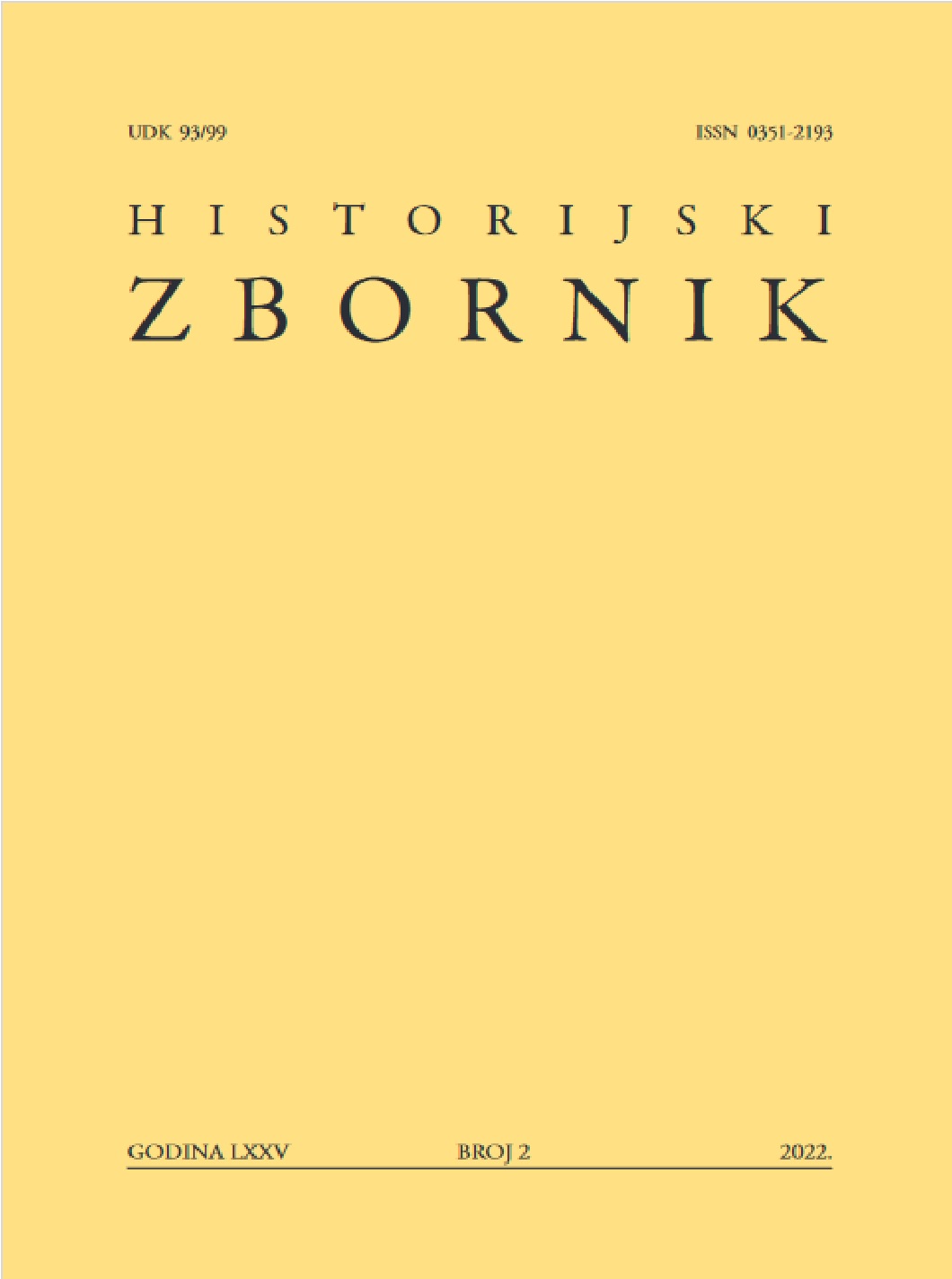Izbori za riječku Konstituantu 1921. godine, demokracija u raljama nacionalizma
Ključne riječi:
Rijeka, Konstituanta, izbori 1921, nacionalizam, demokracija, habsburško naslijeđeSažetak
U radu se analiziraju izbori za riječku Konstituantu, ustavotvornu skupštinu Slobodne Države Rijeke, održani u travnju 1921. godine. Koristeći se ponajprije građom pohranjenom u fondu Gradskog poglavarstva grada Rijeke, rad ukazuje na specifičnosti riječkog izbornog zakonodavstva, riječke političke opcije te rezultate izbora, odnosno kandidate i izabrane zastupnike. Dok je s jedne strane riječko izborno zakonodavstvo bilo prilagođeno novim demokratskim načelima, svi muškarci i žene stariji od 20 godina ostvarili su pravo glasa, s druge strane, vidljiv je snažan utjecaj talijanske aneksionističke opcije. Također, na snazi su ostala izborna obilježja iz razdoblja dualizma, prevaga grada nad periferijom i zavičajnog stanovništva nad rastućom useljeničkom radnom snagom, radi zadržavanja utjecaja talijanske nacionalističke opcije.
##submission.downloads##
Objavljeno
Kako citirati
Broj časopisa
Rubrika
Autorska prava
Copyright (c) 2022 autori i časopis

Ovaj rad licenciran je pod Creative Commons Attribution-NonCommercial 4.0 International License.
- Nositelji autorskih prva su izdavač Društvo za hrvatsku povjesnicu i autori. Historijski zbornik je časopis u otvorenom pristupu. Sadržaj časopisa u cijelosti je besplatno dostupan. Korisnici smiju čitati, preuzimati, kopirati, distribuirati, tiskati, pretraživati ili stavljati poveznice na materijal te mijenjati, preoblikovati i prerađivati materijal ili ga koristiti na druge zakonite načine, sve dok odgovarajuće citiraju izvornik, sukladno Creative Commons licenci CC BY-NC. Radove objavljene u Historijski zbornik dozvoljeno je pohranjivati u institucijske i tematske repozitorije uz osiguravanje poveznica na web stranice časopisa i Hrčka. Časopis autorima ne naplaćuje objavu radova. Uredništvo ne odgovara za navode i gledišta iznesena u pojedinim prilozima.

